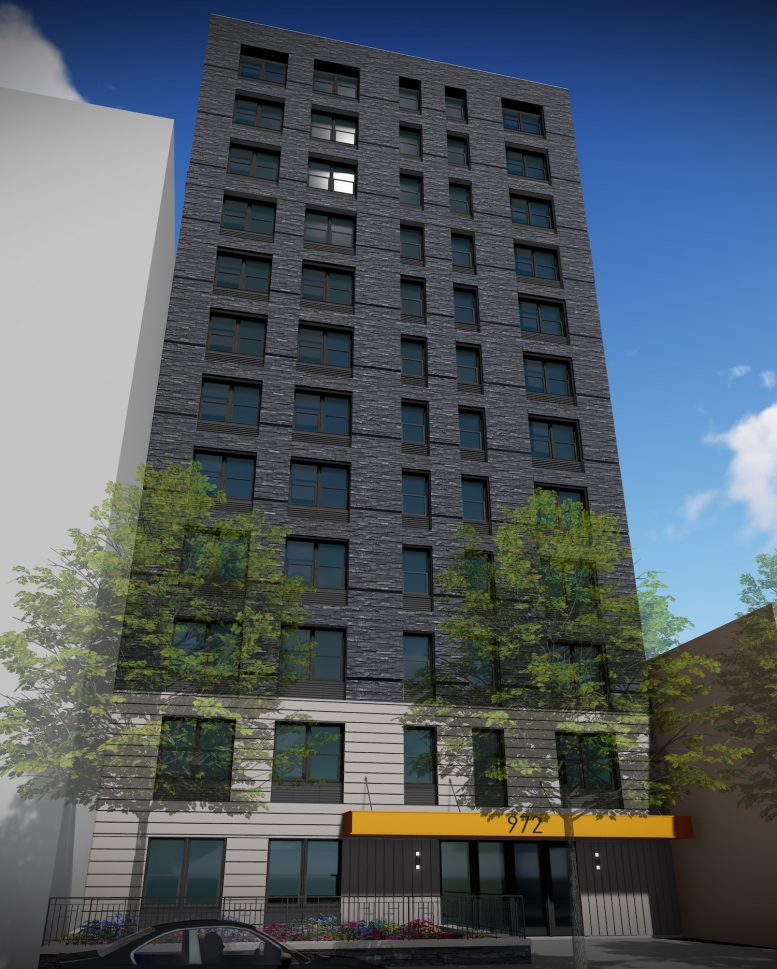An unprecedented investment in mental health staff, supports and training for students, teachers, and parents
Mayor Bill de Blasio, First Lady Chirlane McCray, Schools Chancellor Meisha Porter, and Speaker Corey Johnson today announced an historic expansion in access to school-based mental health supports for school communities as they confront and heal the trauma caused by COVID-19. As part of this expansion, mental health supports are being integrated into Summer Rising, all schools will participate in social-emotional screening, and over 600 social workers, psychologists, and family support workers will be hired totaling over 6,000 mental health workers in our schools across the city. Additionally, mental health resources and training will be made available to parents through DOE’s Parent University and to early childhood educators.
"Here in New York City, we are doing everything we can to make sure our children and their families feel supported. Given the trauma of the past year, we know that starts with building out and fortifying our City's mental health infrastructure," said Mayor Bill de Blasio. "Our message to children, parents, and guardians is clear: we will heal our city together."
“Social-emotional screenings at every public school marks a critical expansion of mental health support for our young people,” said First Lady Chirlane McCray. “These screenings are a preventive measure, with a focus on maintaining wellness. Children will have an opportunity to talk about how they are feeling, how they’re getting along with friends and family, and talk about anything big or small they may be experiencing. These are conversations they should be able to have in the best of times. But after the year we’ve had, these conversations are more important than ever as they manage the grief, anxiety and trauma triggered by the pandemic.”
“Since day one, we have prioritized access to mental health care for all students and fought to ensure our educators and families have the supports they need to confront the trauma caused by the pandemic,” said Schools Chancellor Meisha Porter. “This historic investment underscores our commitment to address the social-emotional needs of our children by providing wraparound supports and services to meet them where they are. Our future is brighter when our young people are thriving.”
“The past 13 months have been unimaginably difficult for our students. In addition to the already daunting normal stressors, they’ve endured intense emotional and mental trauma because of the pandemic. They need help. They need more social workers and other mental health resources to deal with these enormous challenges,” said Speaker Corey Johnson. “This City Council has fought to add social workers in schools in every budget, and I’m proud we are making that happen in this budget when they are needed more than ever.”
SUMMER RISING
Before the COVID-19 pandemic, supporting the mental health of our students was a central part of this Administration’s focus with the 2019 major investment in social-emotional learning and mental health. Additionally, since the pandemic began we launched several initiatives to address the unique trauma caused by this crisis:
- Trauma 101: At the height of the pandemic, the DOE trained approximately 13,000 staff throughout the spring and summer in a Trauma 101 series focused on grief and loss, bereavement and self-care in a crisis. This included Crisis Team members, who respond to schools that experience a loss and provide mental health supports, school leaders and school support staff.
- Trauma Responsive Educational Practices (TREP): Building on that, the DOE launched an online trauma-informed care professional learning platform, that builds adult capacity to recognize signs and symptoms of trauma, strengthen community and foster resilience, proactively support student needs, and respond appropriately when students require additional support. To date, over 75,000 DOE educators and community partners have participated in this opportunity.
- Bridge to School: Prior to the reopening of schools, the administration announced the “Bridge to School” initiative, a multi-pronged focus on mental health supports for students and staff this fall that trained every school leader in trauma-informed practices, like how to create classroom structures that facilitate healing, identify students in crisis, and procedures for compassionately supporting students struggling with grief and bereavement.
- In October: NYC Health + Hospitals began directly connecting to 26 schools in the neighborhoods hardest hit by COVID-19 to outpatient mental health clinics, where children and adolescents can receive ongoing therapy, psychiatric evaluation, medication management, and other clinical services. Additionally, the City moved to transform School Mental Health Consultants, who previously worked with schools to develop mental health plans and capacity, into providers of direct clinical mental health care in 350 schools in those neighborhoods.
- In December: the City expanded these supports by launching mental health screeners in the neighborhoods hardest hit by COVID-19. A social emotional screening is an evidence-based tool that facilitates a check-in on how students are doing emotionally and assesses a general sense of wellbeing, based on the observations made by the adults in school that know them best.





